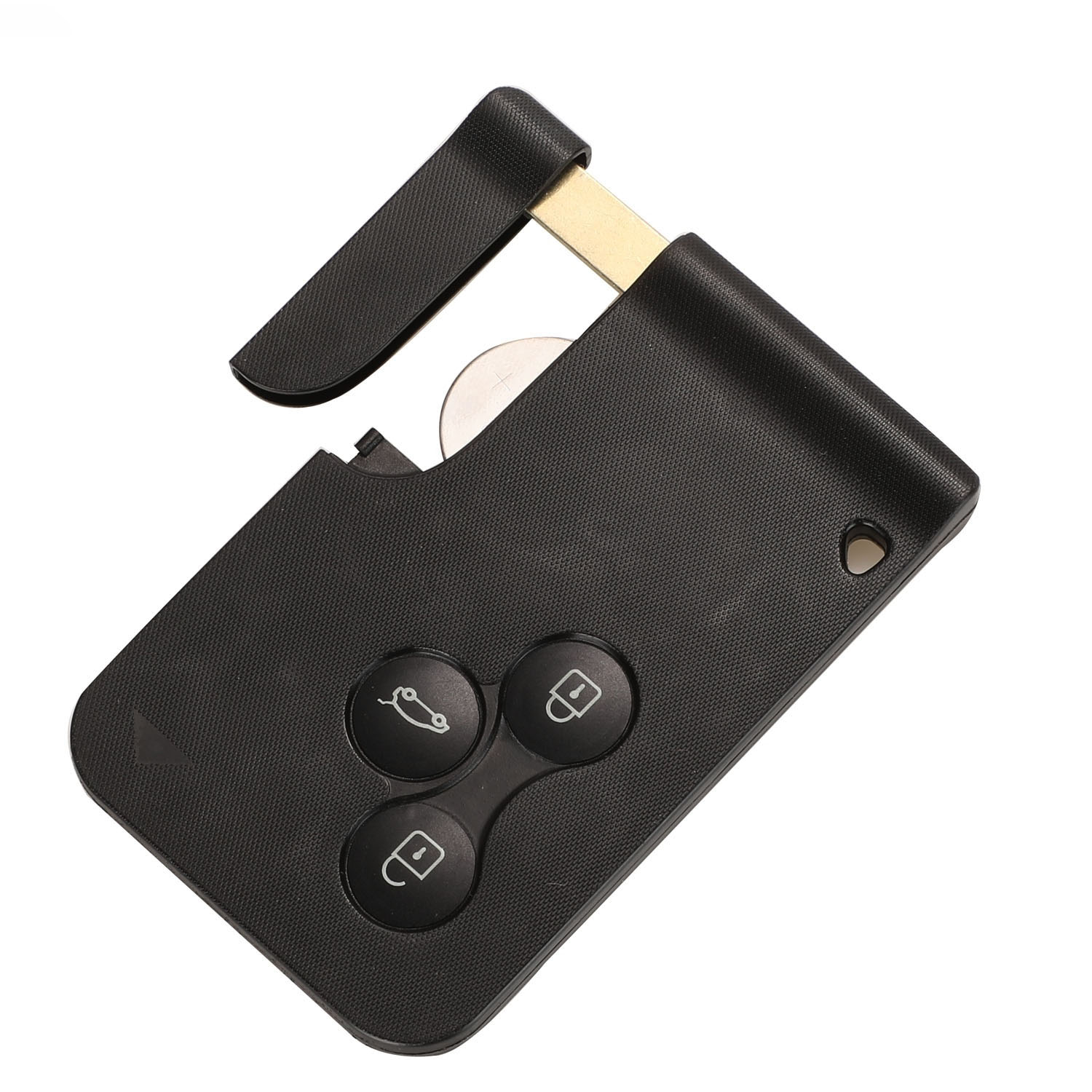Fob keys, commonly used for access control in various settings such as cars, buildings, and secure facilities, provide a convenient and efficient means of entry. However, the question of their security often arises, specifically concerning the ease with which they can be duplicated. This article explores the intricacies of fob key security and whether there are measures in place to prevent unauthorized copying.

1. Understanding Fob Key Technology:
Fob keys operate using radio frequency identification (RFID) or near-field communication (NFC) technology. These systems use a unique code or signal to authenticate and grant access to a particular device or area.
2. Potential Vulnerabilities:
Historically, traditional fob keys without advanced security measures could be vulnerable to duplication. Skilled individuals with access to the key's frequency or code might attempt unauthorized copying.
3. Advanced Encryption and Authentication:
Modern fob keys, especially those used in high-security environments, employ advanced encryption and authentication protocols. These measures make it significantly more challenging for unauthorized parties to duplicate the key.
4. Code Rolling Technology:
Some fob keys utilize code rolling technology, where the key's access code changes dynamically with each use. This dynamic encryption adds an extra layer of security, as the code becomes useless for subsequent attempts.
5. Biometric Integration:
To enhance security further, some advanced fob keys incorporate biometric authentication, such as fingerprint scanning. This ensures that only authorized individuals with the correct biometric data can use the fob.
6. Secure Manufacturing Processes:
Manufacturers of high-security fob keys implement secure processes and materials to prevent unauthorized duplication. This includes tamper-resistant enclosures and advanced manufacturing techniques that make cloning more difficult.
7. Restricted Access to Key Programming:
Access to the programming of fob keys is often restricted to authorized personnel, preventing unauthorized duplication. This measure adds an administrative layer to key management.
8. Cloud-Based Security:
In some cases, fob keys are linked to cloud-based security systems. This allows for remote management, monitoring, and deactivation of lost or stolen keys, adding an extra level of control and security.
Conclusion: While traditional fob keys may have been susceptible to unauthorized duplication, advancements in technology and security measures have significantly mitigated these risks. Modern fob keys employ encryption, authentication, code rolling, biometric integration, secure manufacturing, and restricted access to programming to prevent unauthorized copying. As technology continues to evolve, fob key security is likely to become even more sophisticated, ensuring the continued protection of sensitive areas and assets.

 Englishen
Englishen











 No.991 Xingxiu Road,Taiwanese Investment Zone, Quanzhou, Fujian Province,P.R.China
No.991 Xingxiu Road,Taiwanese Investment Zone, Quanzhou, Fujian Province,P.R.China +86 13960286508
+86 13960286508
 3D Reality Showroom
3D Reality Showroom
